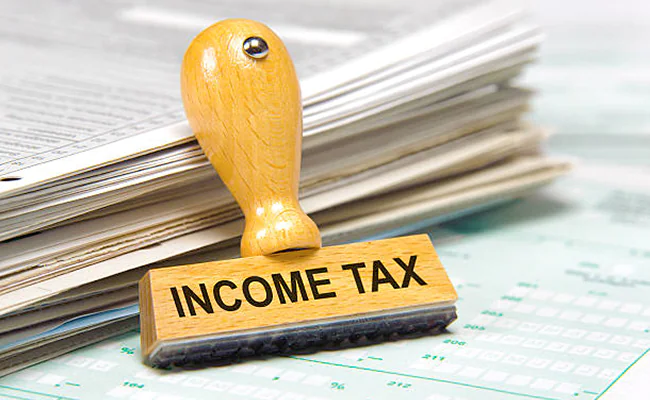The Income Tax Act, 1961 is the comprehensive statute that governs the levy, collection, administration, and recovery of income tax in India. It is enforced by the Central Board of Direct Taxes (CBDT) under the Ministry of Finance. The Act applies to individuals, companies, firms, LLPs, HUFs, trusts, and other taxable entities.
What is Income Tax Act?

The Income Tax Act is a central legislation that outlines how income is taxed in India, what qualifies as income, tax slabs, exemptions, deductions, penalties, and procedures for assessment. It forms the legal foundation for all income tax-related matters and is supported by the Income Tax Rules, 1962, and various notifications, circulars, and case laws.
Key objectives of the Act include:
-
Levy and collection of income tax
-
Defining various types of income
-
Providing for exemptions and deductions
-
Preventing tax evasion
-
Facilitating voluntary tax compliance
Classification and Taxation of Income
Income from House Property
Profits and Gains of Business or Profession
Capital Gains
Determination of Tax Liability
Special provisions for senior citizens and super senior citizens
Deductions and Exemptions
2. 80D (Health Insurance Premiums)
Section 80C to 80U (investments, insurance, education loan, etc.)
Capital gains exemptions under sections 54, 54EC, etc.
Related Acts and Compliance
The Employees’ Provident Funds and Miscellaneous Provisions Act, 1952, commonly referred to as the EPF Act, is a cornerstone of...
The Companies Act, 2013 is the primary legislation that governs the incorporation, regulation, and dissolution of companies in India. Enforced...
